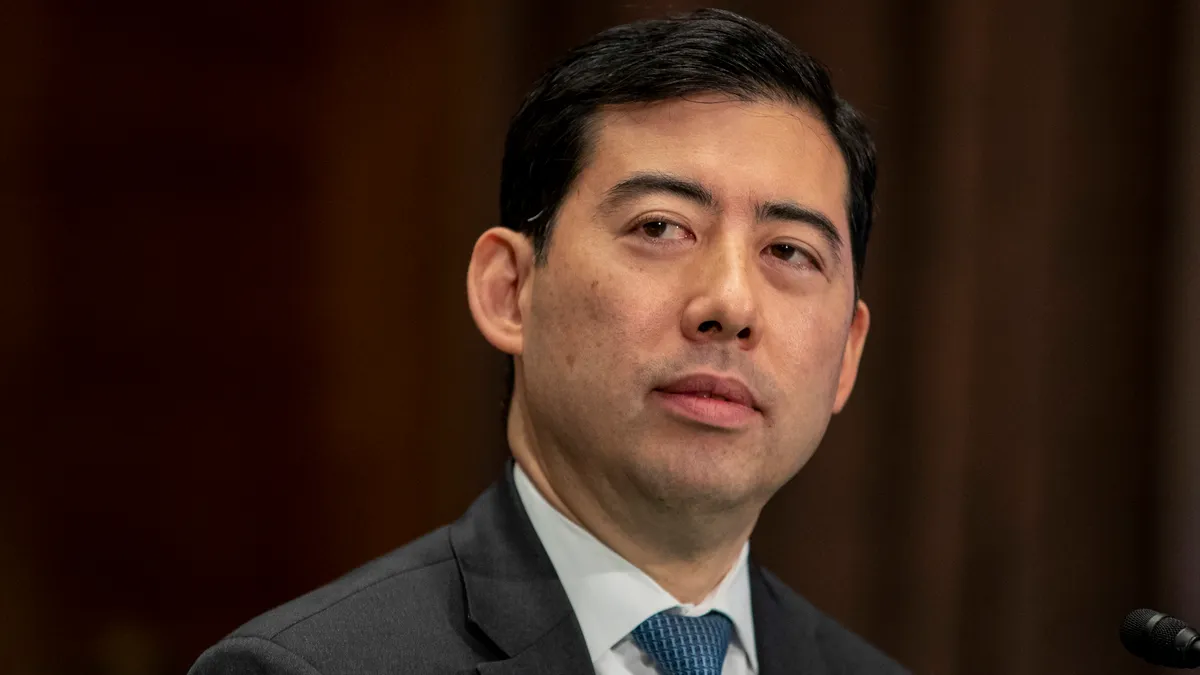Raytheon shareholders upset that board members empowered a committee to modify an equity conversion formula without their vote failed to meet Delaware’s demand futility standard, the state’s Chancery Court ruled in a case that shows how high that standard is.
In Delaware, if a board fails to take a legal action sought by shareholders, the shareholders can take their own action by filing a derivative lawsuit. However, under what’s known as the demand futility standard, they must first show it would have been futile for them to make a pre-suit litigation demand of the board.
To show that, or get that demand excused, they must show that a majority of the board acted in bad faith under the state’s standard for non-exculpated liability.
In the case, shareholders allege the board inappropriately handed off approval for modifying the equity conversion formula in employees’ long-term incentive plans to three of the board members in a special committee, which provided final approval for the modification without seeking a shareholder vote.
The board created the committee, and appointed three of its members to it, to address the impact the pandemic had on how much employees’ incentive equity shares would be worth after the company merged with another company.
The combined company, called Raytheon Technologies Corporation, was created in 2020 in an all stock transaction between United Technologies and Raytheon. As part of the merger, United Technologies spun off its Carrier HVAC company and its Otis elevator company so that it could narrow its focus to aerospace.
As a result of pandemic-related market volatility at the time of the merger, United Technology’s plan for assigning a value to its incentive-based equity shares led to a big drop in what the shares were worth, risking employee morale, according to the ruling. The board created the committee to see if it was in the company’s interest to modify the conversion formula to address the drop in share values.
The committee ended up modifying the formula, which led to an increase in the value of the shares. Although the committee in its authorizing resolution had the flexibility to seek a shareholder vote, it didn’t do that. The company had earlier checked with the New York Stock Exchange, which said it didn’t believe a vote was needed, according to the court’s summary of the facts of the case.
“On April 22, [2020], NYSE representatives orally relayed that in the NYSE’s view, no stockholder vote was required,” the background summary said.
In the ruling, which granted the board’s motion to dismiss the shareholder lawsuit, Vice Chancellor Morgan Zurn said the shareholders didn’t meet the standard for showing the board acted in bad faith. To show that, they had to show a majority of the board, not including the three members that served on the committee, intentionally disregarded the terms of the employees’ long-term incentive plan, which required a shareholder vote for any modification to the conversion formula.
The court found the board did not intentionally forego stockholder approval when it wrote the terms of the resolution authorizing the committee, the ruling said, so that although the committee’s action didn’t follow the terms of employees’ incentive plans, the board members didn’t act in bad faith.
“The Board [didn’t decide] approval should come from the Special Committee,” Judge Zurn said. “Even if the Board made the decision to forego stockholder approval, [shareholders’] pleadings fatally undercut the position that the Board did so in knowing violation of the [employee incentive plans].”
The decision affirms the high bar to plead demand futility against directors, Sidley Austin Partner Elizabeth Austin and Associate William Lawrence say in an analysis of the ruling.
Shareholders had to show at least seven members of the board acted in bad faith by having an interest in the modified plan, Austin and Lawrence say. The board had 15 members, three of which served on the committee. That means shareholders had to show seven had an interest in, or stood to benefit from, the new plan. Shareholders weren’t able to do that.
“Because the complaint itself alleged that 12 members of the 15-member board never considered the relevant issue, the Court did not consider the merits of the plaintiff’s allegation against the remaining three members,” Austin and Lawrence say. “A majority of the Board was not alleged to have committed any non-exculpated wrongdoing, so demand could not be excused.”
The case is Vladimir Gusinsky Revocable Tr. v. Hayes, No. CV 2022‑1124‑MTZ (July 23, 2024).



















